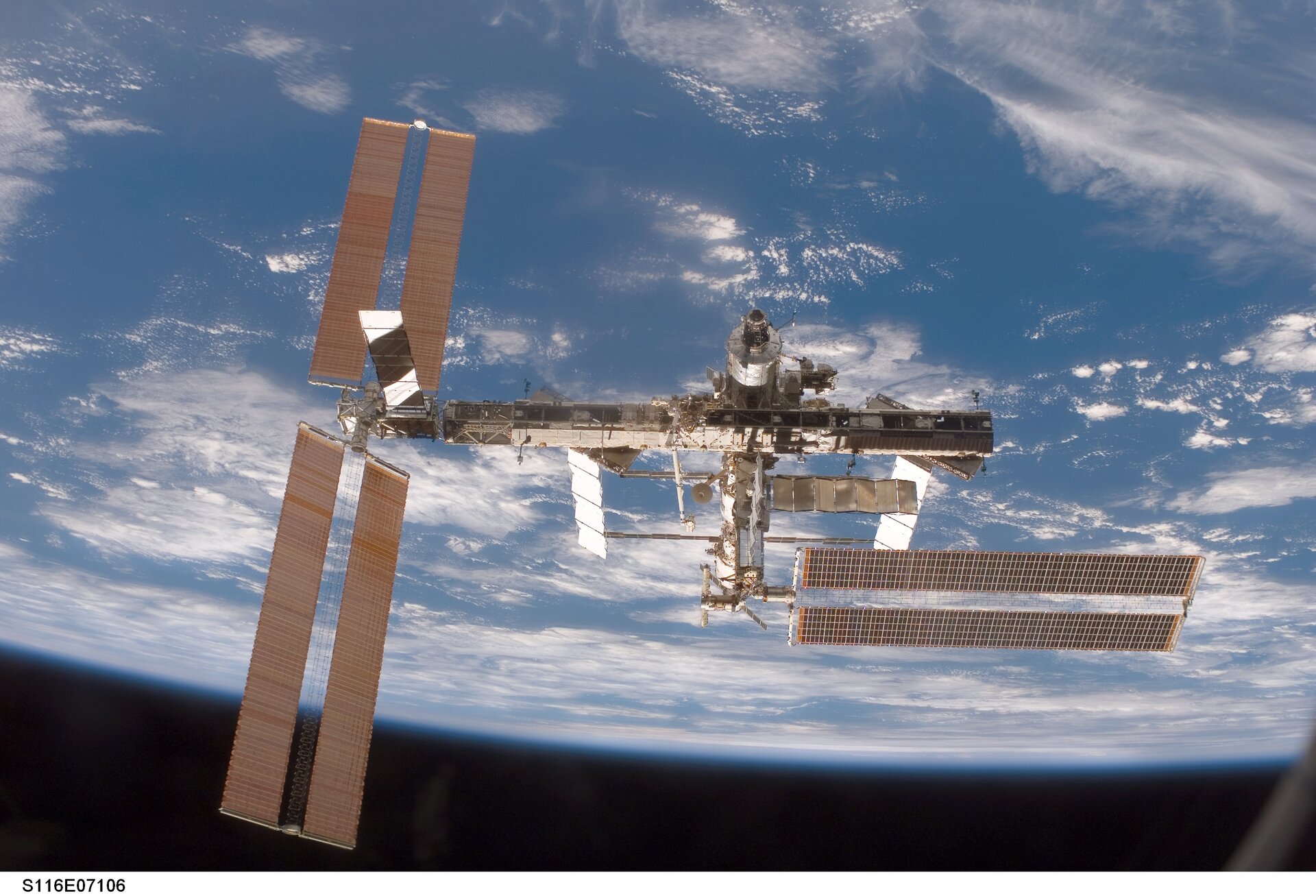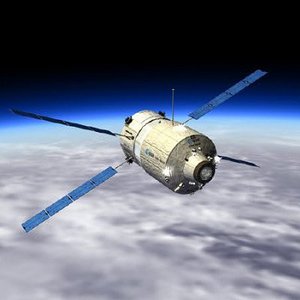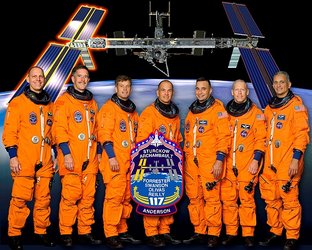International Space Station – improved situation of on-board computers
18:45 CEST. Relief on board the International Space Station after some days of worry, an ESA and European industry team of experts is working closely with NASA and Russian partners to help overcome the computer problems that have been affecting the International Space Station over the last few days.
The computers were supplied by ESA to our Russian partners in return for Russian docking systems to be used with ESA’s Automated Transfer Vehicle (ATV), a supply craft for the International Space Station (ISS), slated for launch early in January next year.
The computers, also known as the Data Management System – Russia, have been performing without problems since they were delivered to the ISS back in 2000. The same data management systems will be the guidance, navigation and control 'brain' for ESA’s ATV, and similar machines control the subsystems of ESA’s Columbus space laboratory, scheduled to reach the ISS this December. These systems were developed by Astrium-Space Transportation in Bremen (Germany).
The analysis performed so far by the expert teams suggest that some form of event external to the computers, outside their design envelope, might have caused them to crash at some point during the recent ISS power reconfiguration. A team of specialists at Astrium has been working closely with Russian counterparts to help troubleshoot the problem.
As a result of these discussions, last night the ISS crew made a local harness change to bridge a protection circuit and four of the six computers could then be re-started and remained stable overnight. Subsequently the operating software was re-loaded and the Russian subsystems are gradually being brought back on line.
Although it appears that not all the machines are damaged to the point of in-operability, the exact situation is still under investigation. Meanwhile, intensive tests are continuing on spare computers at Astrium's Bremen site to support the ongoing investigations. ESA has also established an anomaly investigation team, involving its Operations and Technical Quality Directorates, under its ISS programme management leadership, with the participation of industry experts.
As well as helping resolve the ISS problem, the team will look at the relevance of this situation to the ATV (which has identical computers) and Columbus (which has similar machines), to ensure that corrective action, if any, is taken well before flight of the two European elements.
For the latest status reports on STS-117 visit NASA's STS-117 mission updates.







